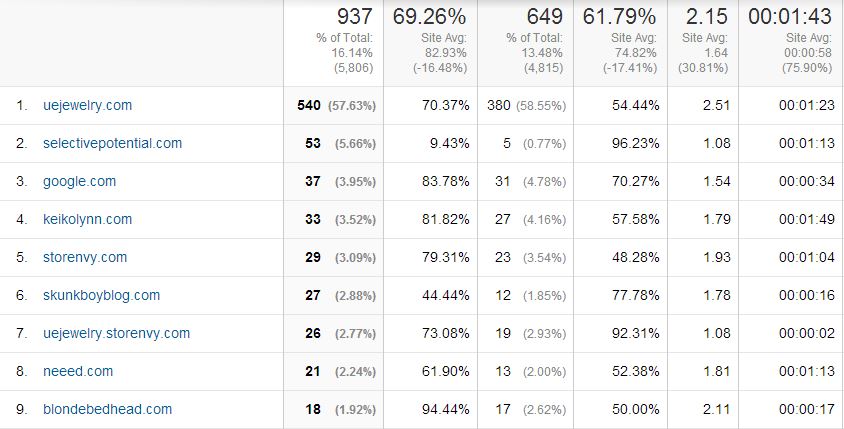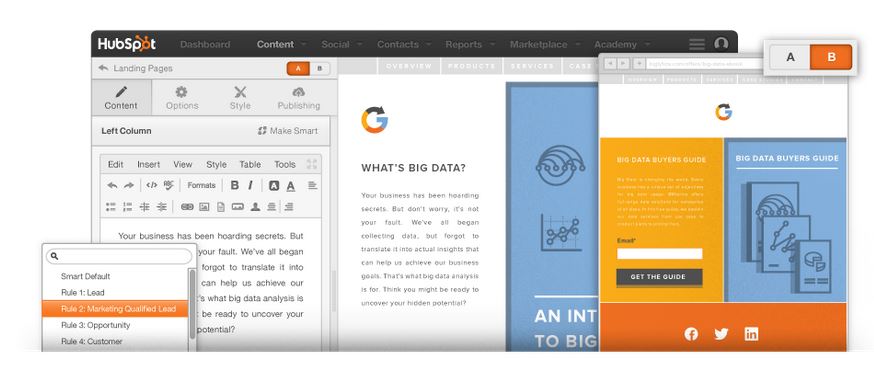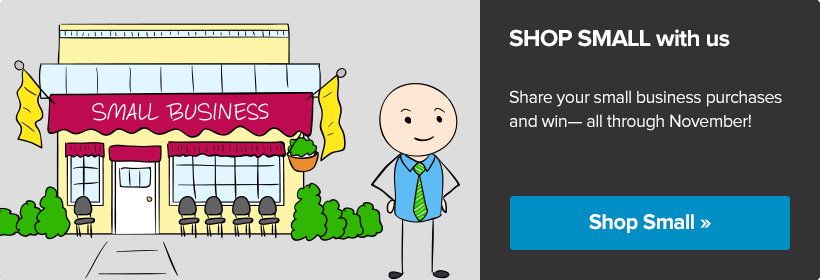You’ve probably heard people talking about their content marketing strategy and how it helps their businesses in various ways.
But if you’re like me, you might’ve heard the phrase ‘content marketing strategy’ and had to Google what that actually means. It seems like all marketing is content marketing when you first think of it, right?
Not quite. Content marketing strategy is what many business owners employ to help attract customers.
In this post, we’ll talk about what content marketing strategy is, when it is (and isn’t) necessary, a few success stories, and the tools you can use if content marketing might work for you.
What is Content Marketing Strategy?
Content marketing strategy is defined as: Any marketing plan that involves the creation and sharing of media and publishing content in order to acquire and retain customers.
A few examples of different content marketing strategies would be:
-
Blog posts
-
Infographics
-
Videos
-
An eBook
-
Social media posts
You get the idea. Basically, it’s content created to get people interested—and it’s not a traditional press release or news alert. The ‘content’ in content marketing strategy provides something interesting, valuable and/or sharable that works toward bringing people into the sales funnel.
When It's Necessary, and When It's Not
Content marketing is a powerful tool for web-based companies, service providers, and businesses with products that aren’t limited to a local audience. It helps attract a wide variety of customers who are searching for a solution to a general pain point that those companies can help provide.
Here’s an example of when it’s necessary:
The business: Say you own a business consulting firm that works with clients remotely.
The customer: You want to reach as many potential customers as possible, because you aren’t limited by location.
The content marketing strategy: You start writing a blog with helpful tips and tricks for business owners, which helps organically boost your Search Engine Optimization (SEO).
You share that valuable content on Twitter and add some relevant hashtags in case anyone searching for that topic wants to find and read your material. You add an eBook you created into the mix and start collecting email addresses in exchange for the free download.
The success: By putting all of that great content out there, more and more people become aware of your business and begin to look to you as an expert in your field. You send a monthly e-newsletter out to the email addresses you’ve collected and slowly encourage them to try your paid services.
When it’s not necessary:
Boosting your SEO is important for any business, but launching a full-fledged content marketing campaign isn’t going to be as beneficial to certain types of businesses.
It wouldn’t make sense for local businesses that can only provide their product or service to local customers to be reaching out to a vast audience they could never serve. Or, if their product isn’t one that makes for great content—you can’t force it.
Here’s an example:
The business: The local appliance store (un-franchised)
The customer: Local buyers who don’t want to travel out of town to buy a new refrigerator, stove, or washing machine. They want free local delivery, too.
Why it’s not necessary:
-
The product for this business doesn’t make for great content. Unfortunately, it’s hard to make a washing machine into sharable content. No one gets that excited to simply see this type of product do its job.
-
The customer is location-specific. It’s highly unlikely that if your business is based in a small town in Missouri that someone is going to travel from Maine to buy a washing machine at your store.
A better marketing solution would be one focused on targeting your local community—and doing things like joining the local chamber of commerce.
Content Marketing Success Stories
Lauren Luke was a taxi cab driver who started selling makeup on Ebay. To help market her products, she started creating how-to videos and sharing them on YouTube—which eventually grew to have more subscribers than cosmetic giant Estee Lauder.
Thanks to the audience (and sales) she gained by employing content marketing, By Lauren Luke is now sold at Sephora stores around the world.
Mint.com is an online finance tracking system that grew its customer base to two million customers in three years.
How’d they do it? Content marketing. They deployed tactics such as helpful blog posts, infographics, slideshows and videos that attracted people searching for a solution to help them keep their finances in order.
What Content Marketing Tools Do You Need?
There are a few handy resources that can help you keep track of your content marketing efforts. After all, you’re going to want to see the results of all your hard work.
Google Analytics

By dropping a simple code into your website, you can keep track of who is visiting your website, learning what they're looking at and how long they stay. You’ll be able to review information such as:
-
Referral sites (where your traffic is coming from)
-
Demographic and their geographic information
-
Number of visitors
-
Bounce rate (how many people only visited one page before leaving)
And much, much more.
Price: Free!
Hubspot

Hubspot allows you to automate and track all of your content marketing efforts from one central location. Within this tool, you can study your traffic, see what content performs best, respond to engagement, and more.
They have lots of great training resources to help you understand how to improve your content, publish it, and better track the results to maximize your efforts.
Price: Packages start at $200/month
Email marketing

One of the most powerful tools for keeping in touch with the leads you generate from your excellent content marketing efforts is to get email subscribers to opt-in.
One they’ve submitted their email address, you can keep them interested by sharing more valuable (free) content, building your ethos as an expert, and eventually introducing the paid services you offer.
You can use a variety of email clients to help manage contacts and deliver well-designed emails:
-
Campaign Monitor
-
MailChimp
-
Constant Contact
-
AWeber
These are just a few possible options—there are many more to choose from. The beauty of the listed options is that they come with pre-designed templates that make constructing a customized, well-branded email a cinch.
Content Marketing Isn't a Mystery
While it’s not for every business owner, for some, it might be the strategy that helps take your business to the next level when done correctly.
If it sounds like your business might benefit from content producing, we challenge you to give it a try (and tell us how it goes!)
Your Turn: What tips do you have for those interested in content marketing? Any best practices to share?



